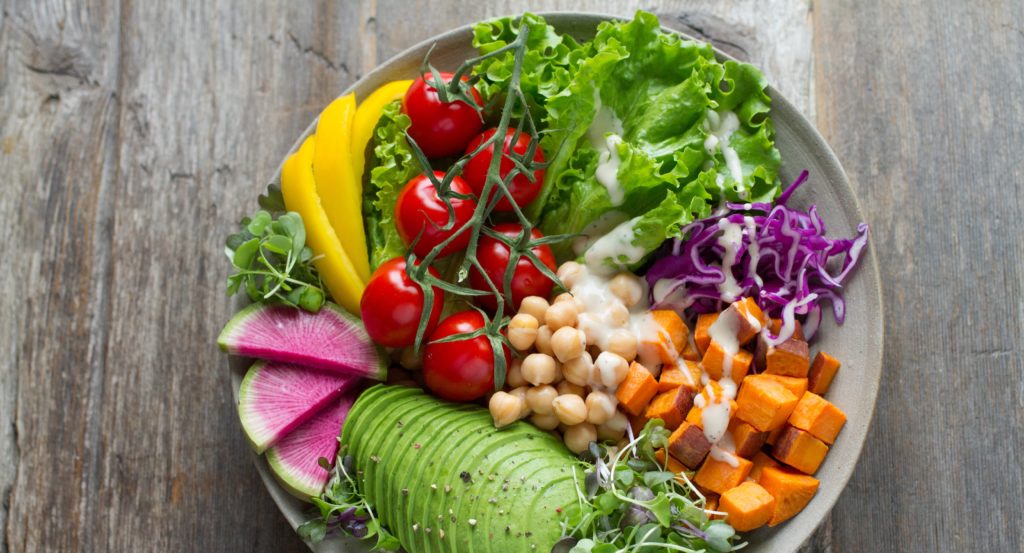
The only constant is change.
A major upheaval in the fruit and vegetable industry took place in the 1960s: the “Green Revolution” replaced conventional fertilizers with synthetic solutions. We at Keelings Knowledge have tried this month to contrast the two variants and derive the respective strengths. What are the results in terms of health, return on investment and sustainability?
Conventionally grown fruit and vegetables show significantly higher nutritional values. On the other hand, fruits that are not organically manured, are much easier to produce in higher quantities. Interestingly, according to studies, a mixture of both approaches shows the best results: high-quality fruit in large numbers. Furthermore, it can generally be stated that the consumption of fruit and vegetables alone leads to an improvement in human health, and even correlates with an increased life expectancy.
From an economic point of view, cost savings can easily be achieved for non-organic fertilized fruits with an increasing number of production units. Furthermore, these fertilizers are associated with lower investment costs. On the other hand, the use of organic fertilizers is increasingly supported on a political level. Higher labour and investment costs also justify a higher market price and thus ensure better profit margins.
However, synthetic solutions have also come to the fore recently due to environmental concerns. For example, nitrogen, as a core component, is thought to contribute significantly to global warming. In addition, the selected means of transport determines the “carbon footprint” of the fresh produce. For instance, the transport of fruit and vegetables by plane emits greenhouse gases 15 times as much as by land, or even 90 times as much as by sea. Regionally produced and consumed fruits show the best carbon footprint.
More sustainability can also be achieved in the area of food waste. According to the European Commission, 88 million tonnes of food are wasted every year in the EU. Almost 50 per cent of this is fruit and vegetables. This results in an average of around 35 kilograms of fresh produce waste per person, per year.
Our industry is changing and facing new challenges. If you produce fruits and vegetables with organic or non-organic means, we are interested in the success and sustainability of your company. Prepare yourself for the future and discover our industry solutions from Keelings Knowledge. Transform your company with us and achieve improved results.






